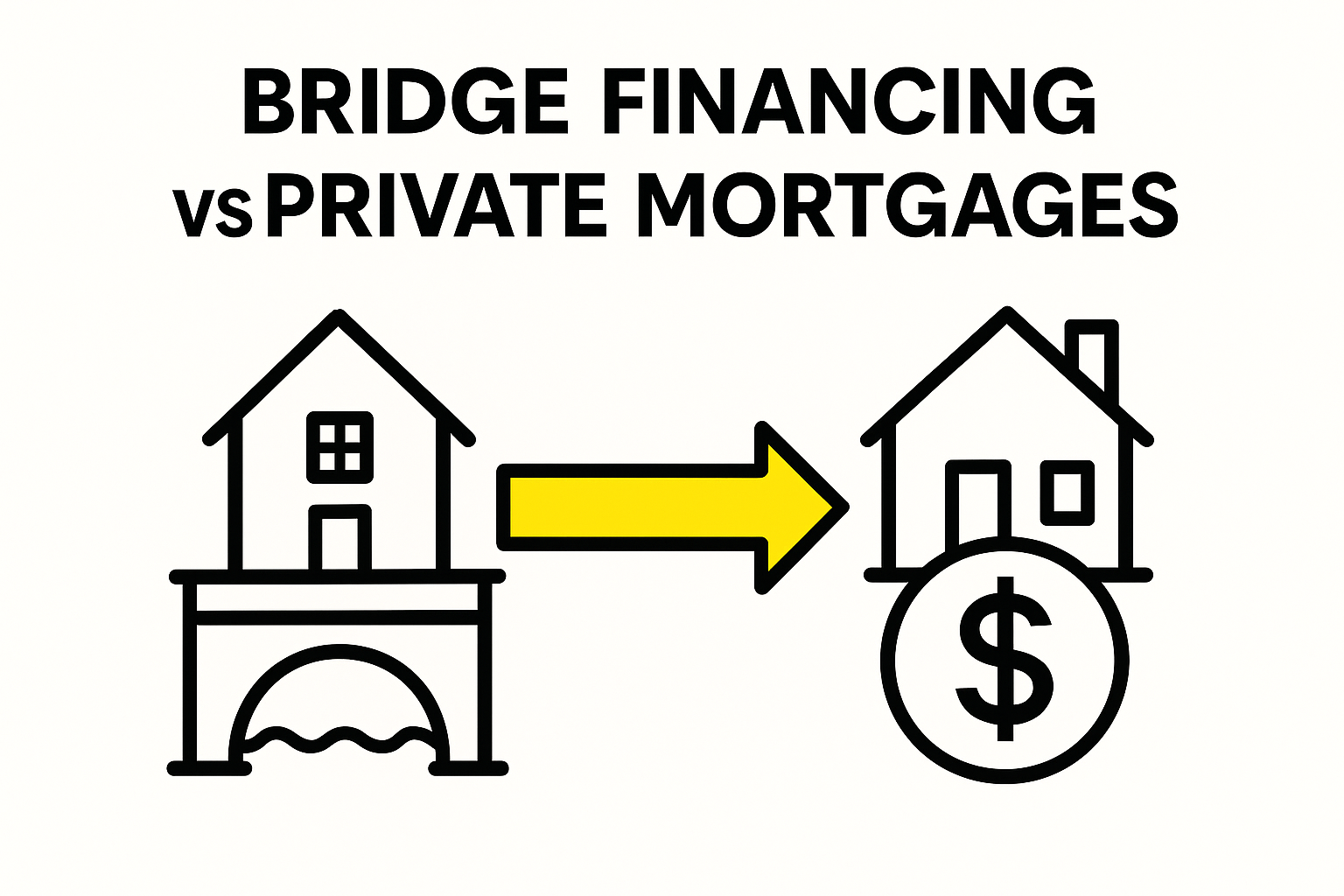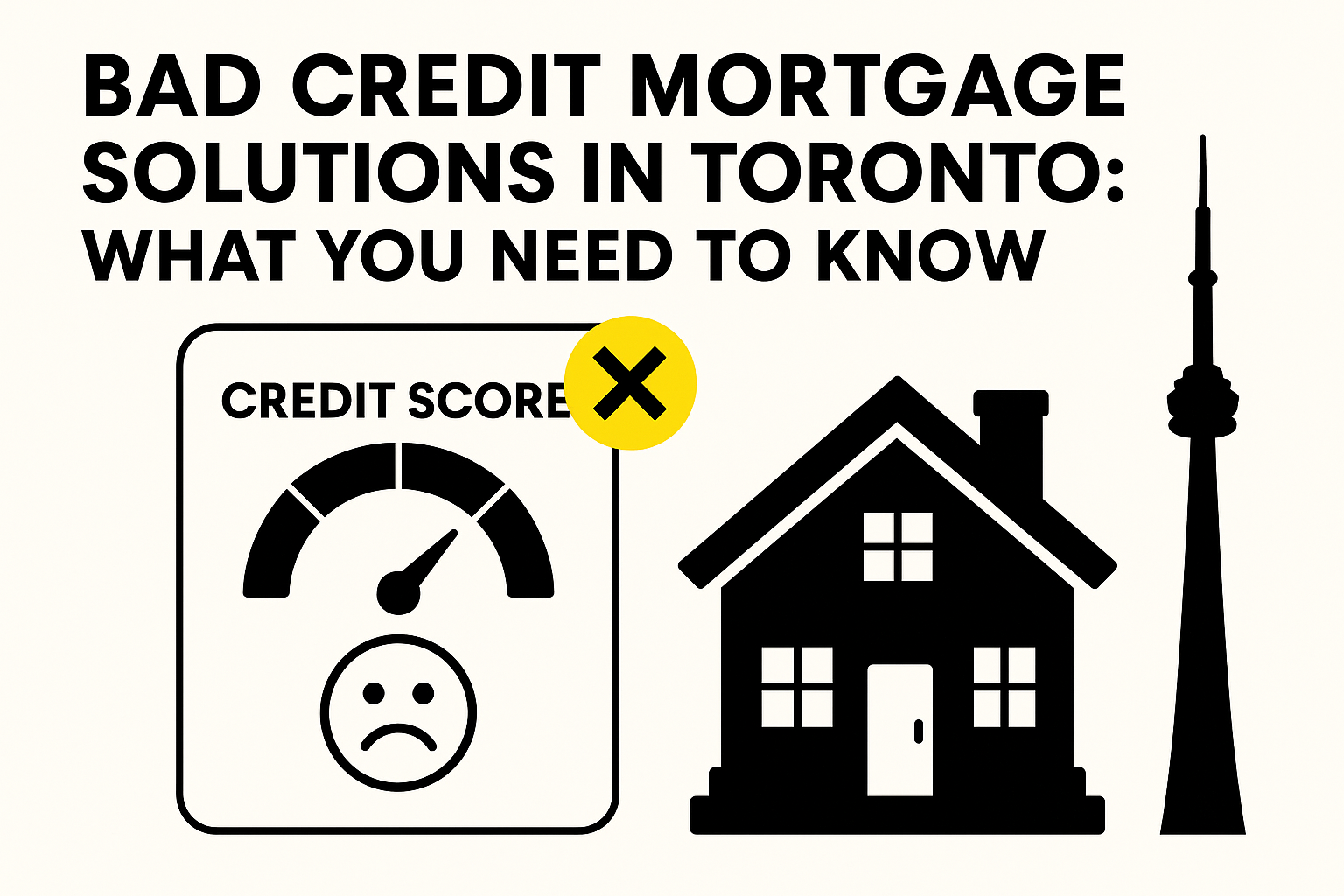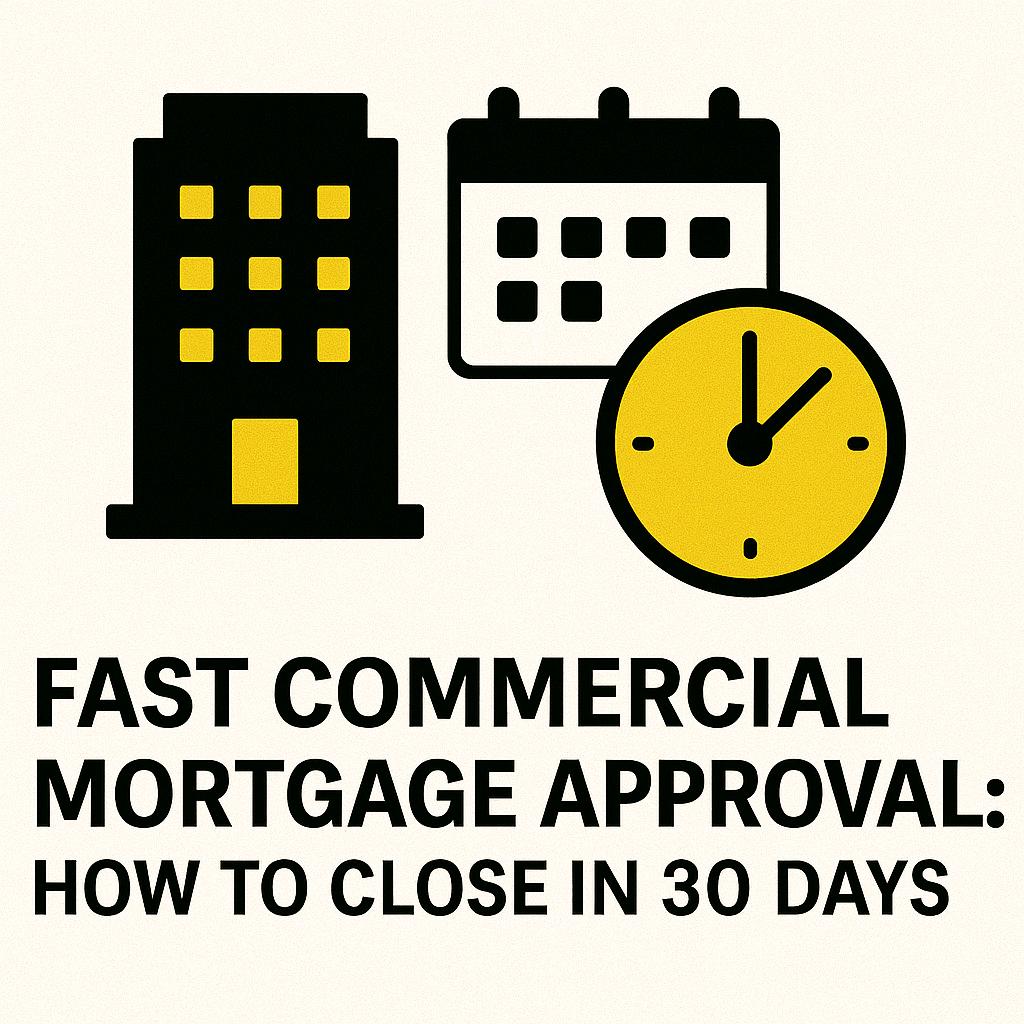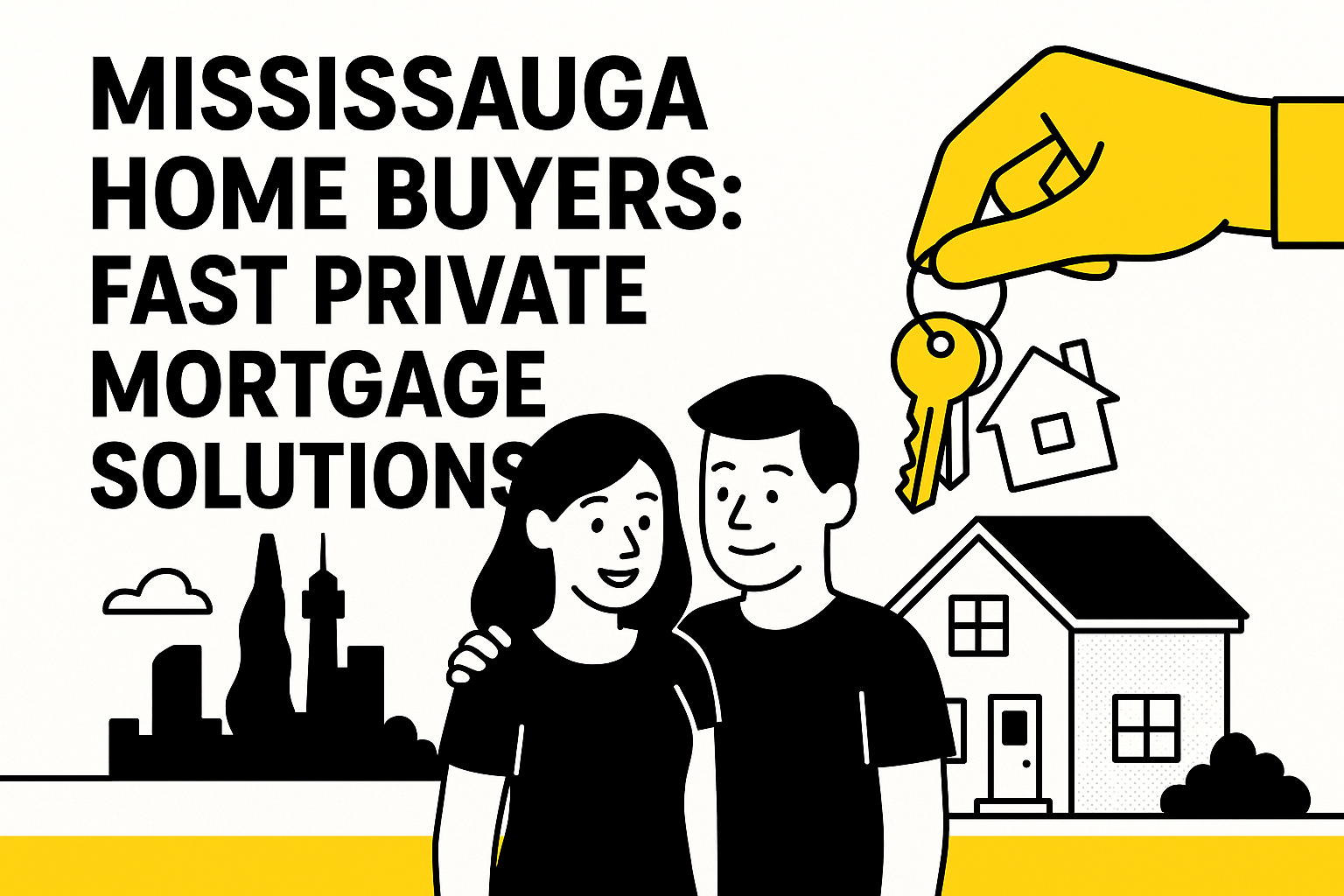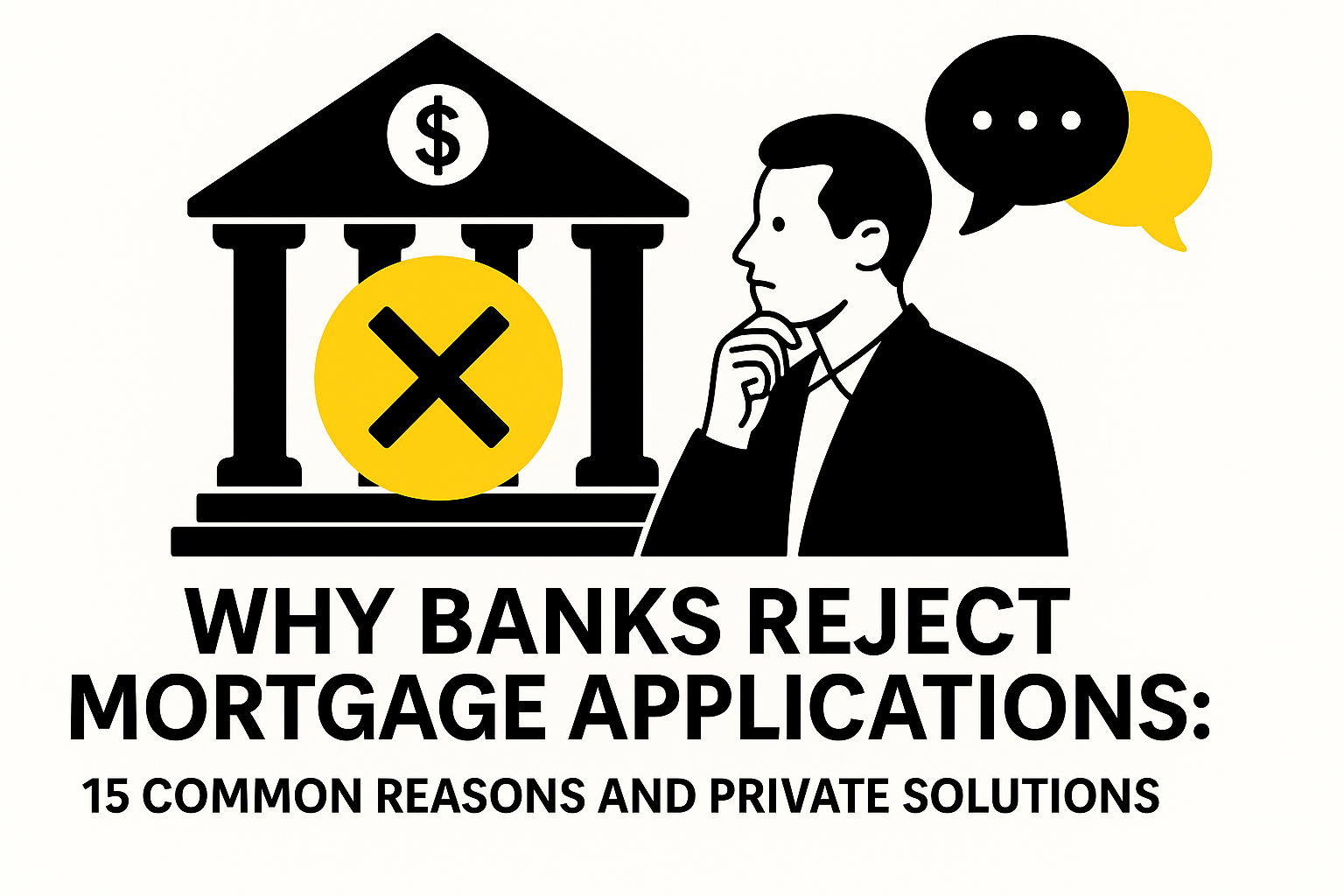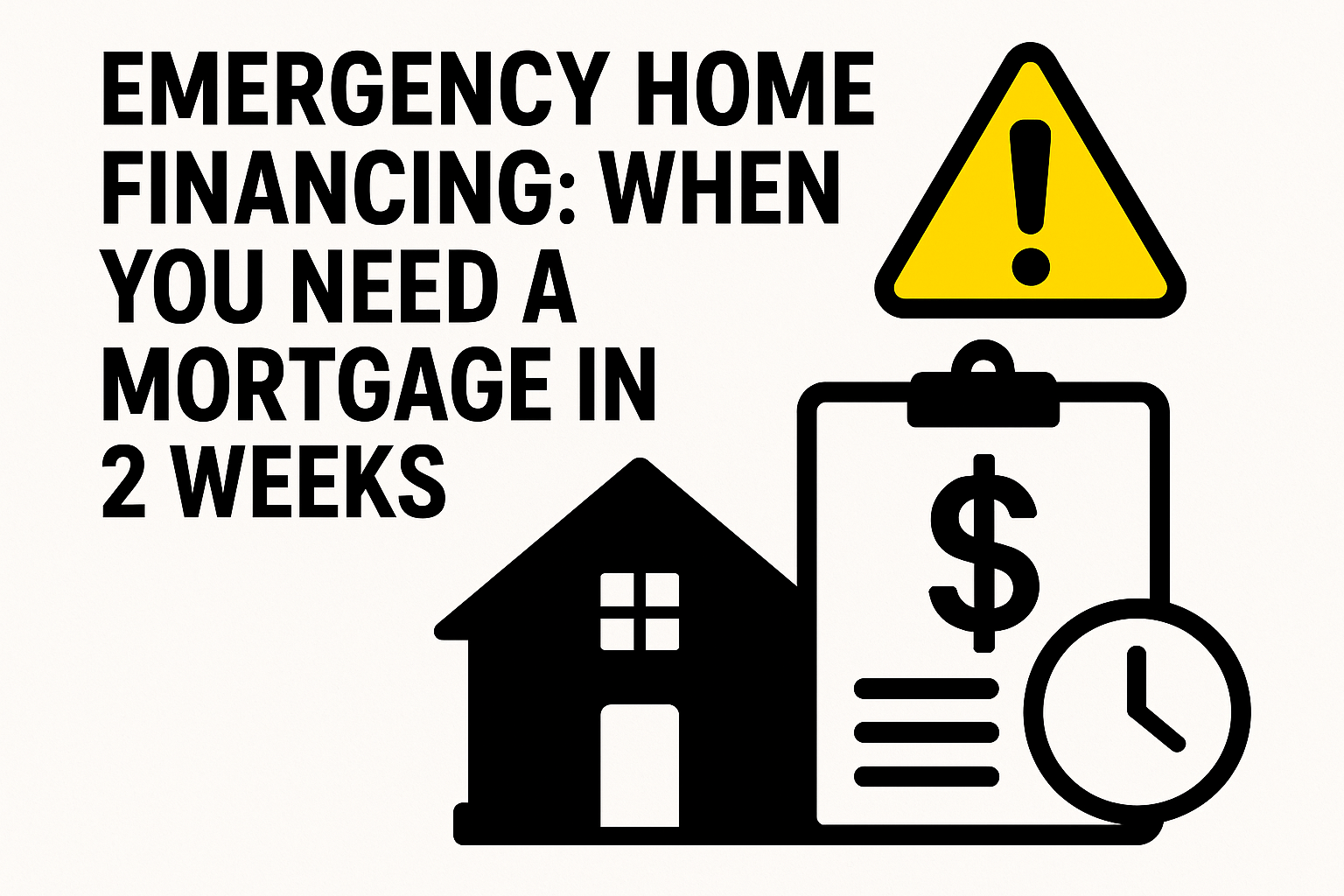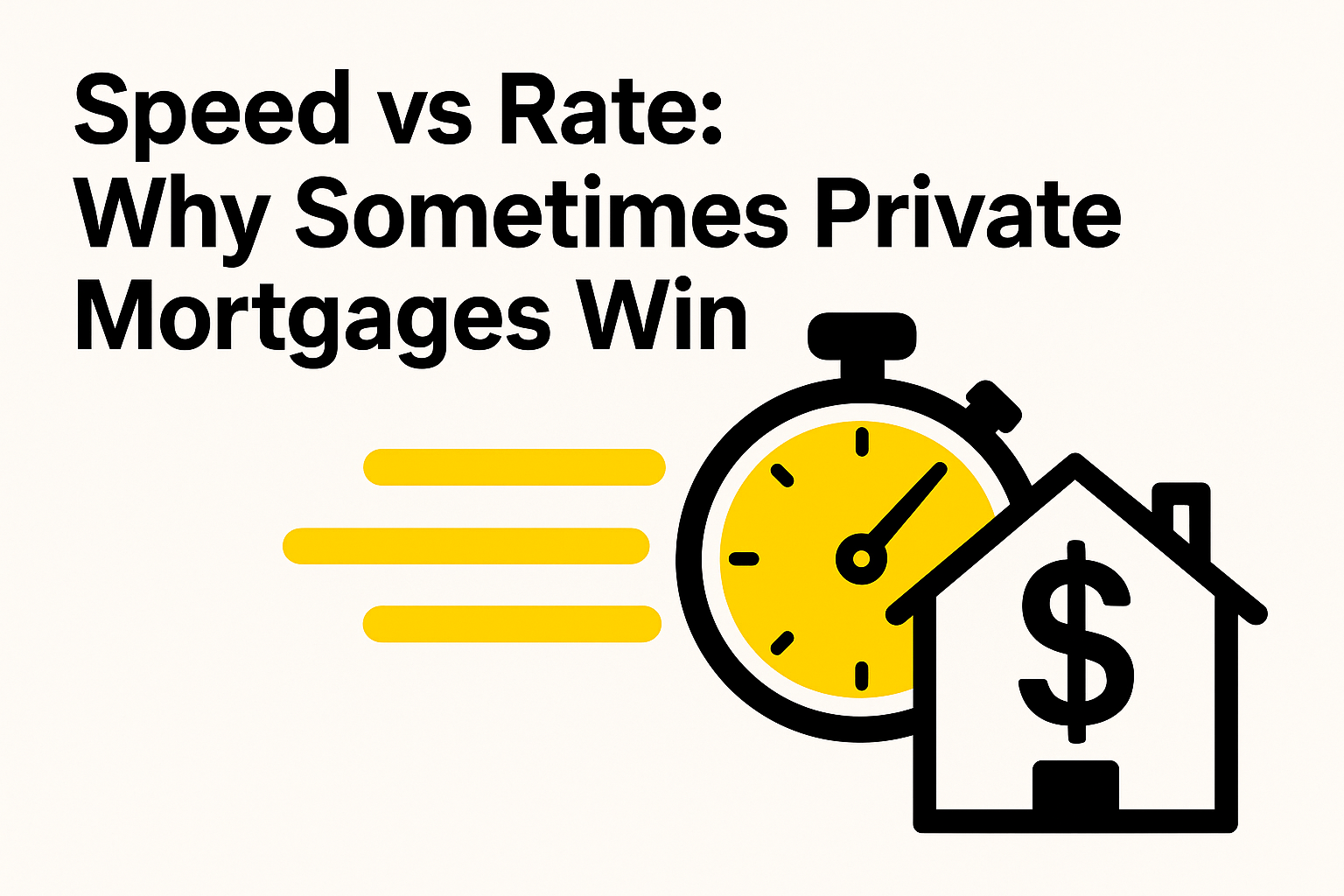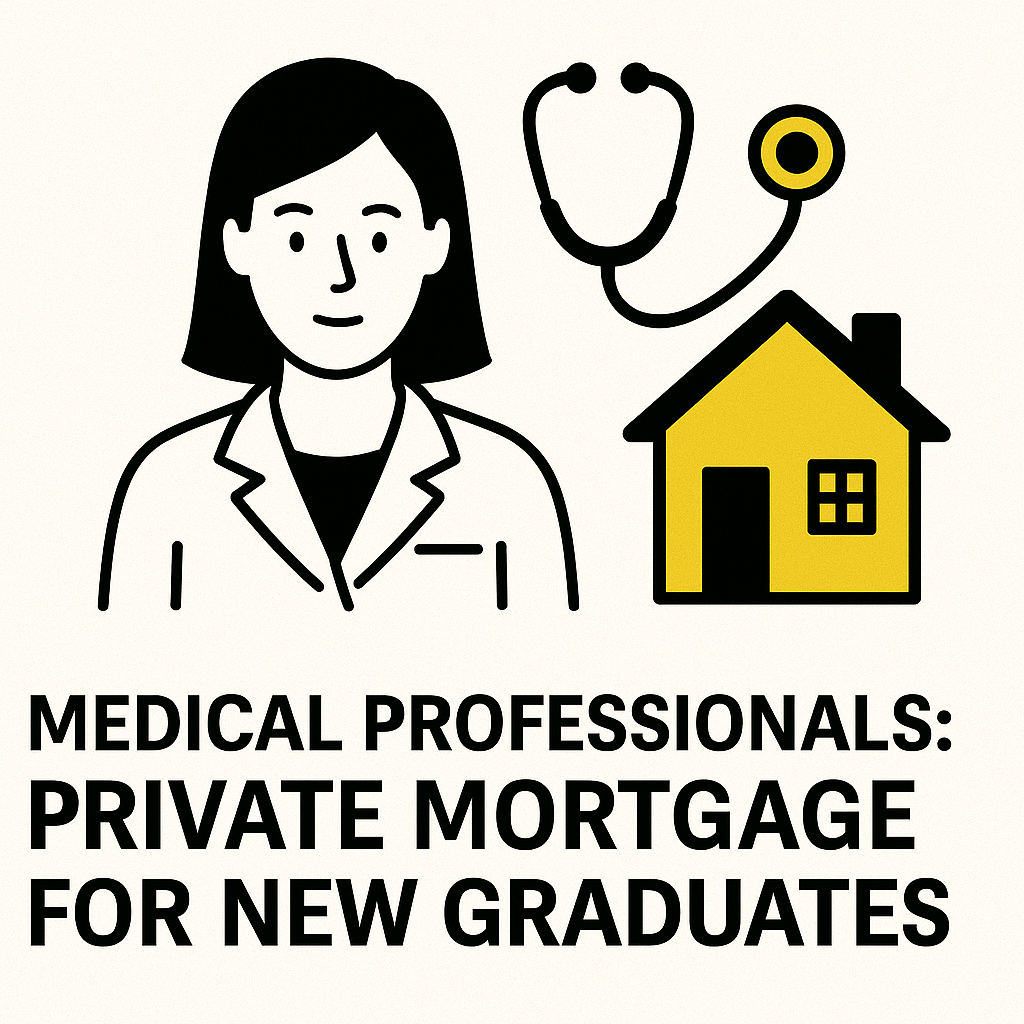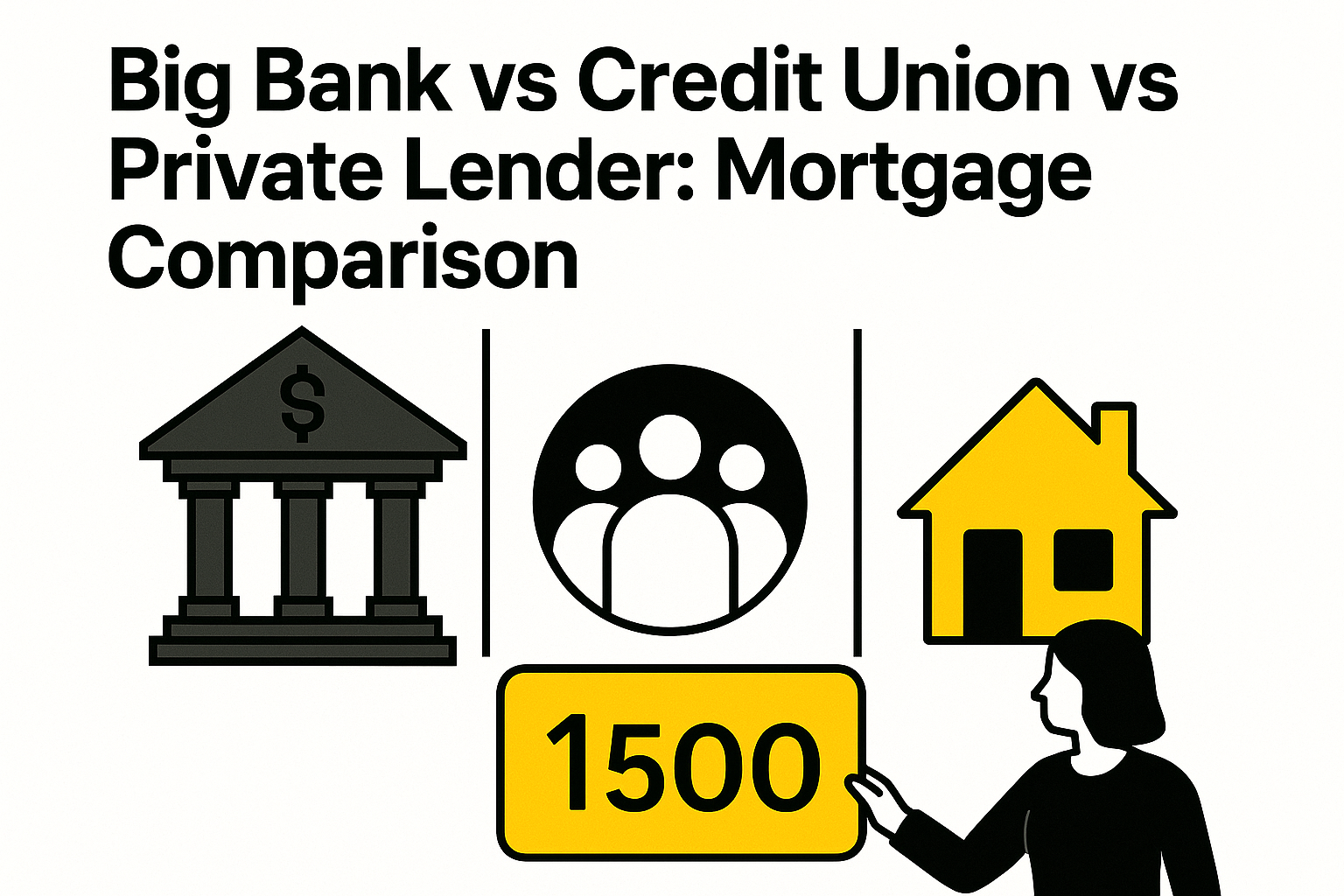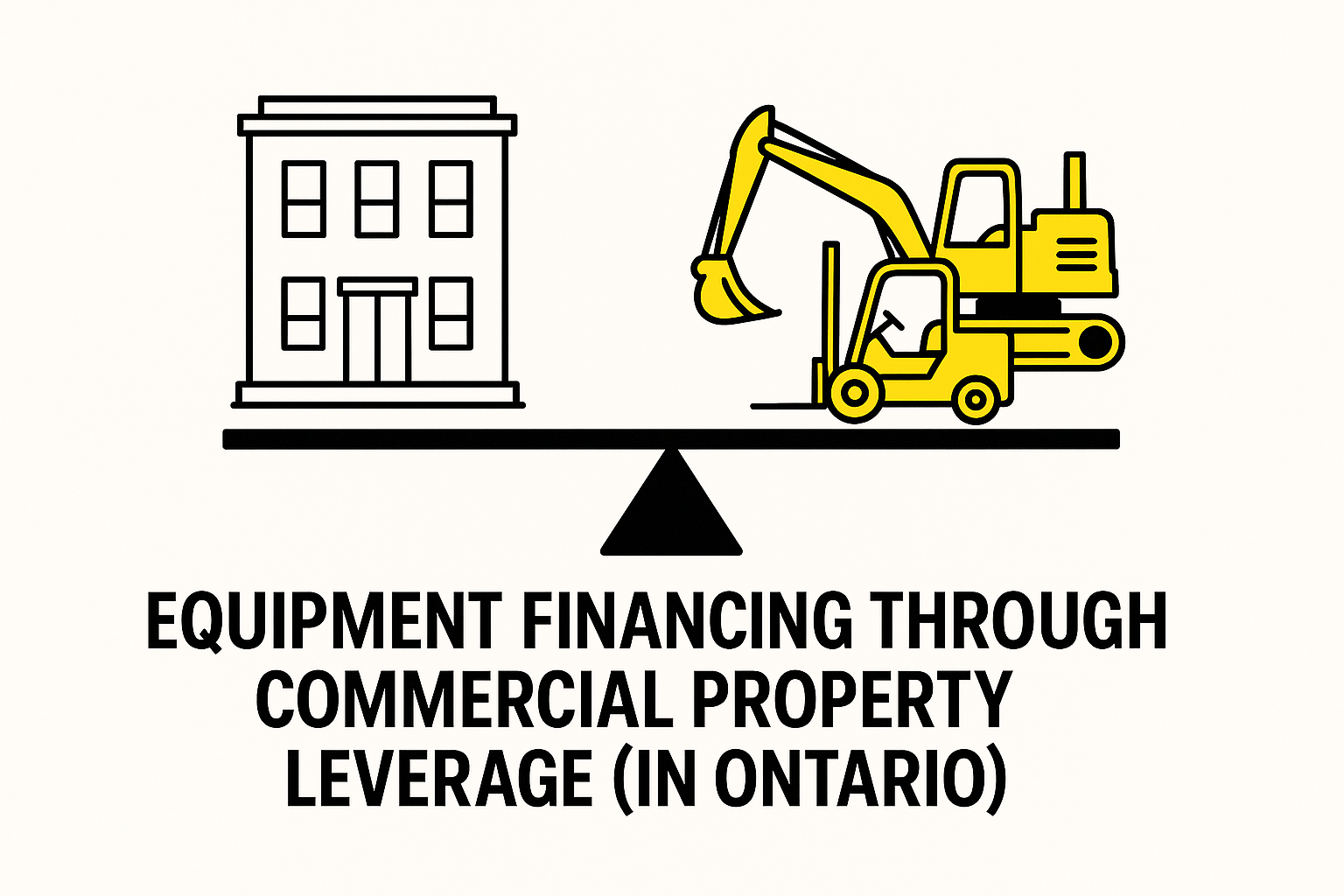Imagine you’re standing in two different real estate offices on the same afternoon, holding two completely different financing proposals for the same property purchase. In the first office, a bank representative slides you a bridge loan approval at prime plus 1% for six months, contingent on your current home selling within 120 days. Across town, a private lender offers you a 12-month mortgage at 8.5% with no sale requirements and funding available in 72 hours. Both claim their solution is “obviously the right choice” for your situation, yet their approaches couldn’t be more different. This exact dilemma faces thousands of GTA buyers every month, and choosing wrong can cost tens of thousands or derail your property purchase entirely.
The confusion between bridge financing and private mortgages isn’t accidental – it’s profitable for lenders who rarely explain when each tool actually makes sense. Most buyers assume these are interchangeable short-term solutions, but they’re fundamentally different financial instruments designed for completely different scenarios. Understanding these differences isn’t just helpful – it’s essential for making decisions that protect your financial future and actually get you the property you want. The stakes are too high to guess your way through financing choices that will affect your family’s housing situation for years to come.
Understanding Bridge Financing: The Short-Term Solution
What Bridge Financing Actually Does (And Doesn’t Do)
Bridge financing is a short-term loan designed to “bridge” the timing gap between purchasing a new property and selling your existing one. Banks typically offer these loans for 3-6 months, using your current home as collateral while you arrange permanent financing for your new purchase.
The crucial distinction is that bridge loans are purely timing solutions, not qualification fixes. If your financing challenges involve credit issues, income documentation problems, or property types banks don’t approve, a bridge loan won’t solve those underlying problems.
I’ve watched buyers waste precious weeks pursuing bridge financing for situations where they never qualified in the first place. Banks apply the same strict lending criteria for bridge loans as regular mortgages, plus additional requirements related to your existing property’s marketability.
The 6-Month Reality Most People Don’t Expect
Most borrowers assume bridge financing lasts until their existing house sells, but that’s not how these loans work. Banks provide bridge loans for fixed terms – typically 3-6 months – regardless of your actual timeline needs or market conditions.
If your property doesn’t sell within that predetermined period, you’re facing renewal negotiations with no guarantee of approval, potential rate increases, or forced conversion to permanent financing at whatever terms the bank decides to offer.
This inflexibility catches borrowers off-guard regularly. The suburban home that was supposed to sell in 90 days sits on the market for 8 months due to seasonal conditions, but your bridge loan expires in 6 months.
When Bridge Loans Make Perfect Sense
Bridge financing works brilliantly in specific scenarios. If you’re upgrading within similar neighborhoods, have a firm sale agreement with reasonable closing timelines, and meet all traditional bank lending criteria, bridge loans offer the most cost-effective short-term financing available.
The ideal bridge loan candidate has excellent credit history, traditional employment income, a property under firm agreement to sell within 4-5 months, and sufficient equity in both properties. When these stars align perfectly, bridge financing typically costs prime plus 0.5-1.5%.
Private Mortgages Explained: The Flexible Alternative
How Private Mortgages Work Differently Than Banks
Private mortgages are loans from individuals or private lending companies secured by real estate, operating outside traditional banking regulations. Unlike bridge loans tied to specific property sales, private mortgages offer flexible terms based primarily on equity position and exit strategy.
Private lenders focus on property value and loan-to-value ratios rather than stress tests, employment verification, or credit scores. If you have 25%+ equity and a reasonable plan to repay or refinance within a reasonable timeframe, private lenders often approve applications within 48-72 hours.
This fundamental difference makes private mortgages suitable for situations where traditional lending consistently fails: self-employed borrowers, unique properties, credit challenges, or time-sensitive purchases.
Interest Rates and Terms That Actually Matter
Private mortgage rates typically range from 7-12%, significantly higher than bridge loan rates at first glance. However, comparing rates alone completely misses the bigger picture of total costs, approval probability, and financing flexibility.
Private mortgages often include more flexibility in repayment terms, renewal options, and cash flow management. Many allow interest-only payments during the term, reducing monthly cash flow requirements compared to traditional amortized payments.
More importantly, private mortgages actually approve when bridge loans don’t qualify. A 9% private mortgage you can obtain immediately is infinitely more valuable than a 6% bridge loan that gets declined after three weeks.
The Exit Strategy Most Borrowers Miss
Successful private mortgage borrowers develop clear exit strategies from day one. This might involve refinancing to traditional lending once income documentation improves, selling the property within a specific timeframe, or completing renovations that increase value.
Private lenders want to understand your realistic plan for repaying or refinancing their loan within 12-24 months. Borrowers who present clear, achievable exit strategies typically receive better rates and terms.
Head-to-Head Comparison: Bridge vs Private
Cost Analysis That Goes Beyond Interest Rates
Bridge loans appear dramatically cheaper on rate comparison sheets, but total costs depend heavily on approval probability, term flexibility, and exit requirements. A bridge loan at prime plus 1% that gets declined costs infinitely more than a private mortgage at 9% that actually funds your purchase.
Consider these real-world scenarios:
- Bridge loan: 6% for 6 months = $3,000 interest on $100,000, plus legal fees and potential extension costs
- Private mortgage: 9% for 12 months = $9,000 interest, but includes flexibility for early repayment and predictable renewal options
Factor in the opportunity cost of missing your property purchase if financing falls through, and private mortgages often provide superior value despite higher stated rates.
Timeline Differences That Change Everything
Bridge loans require extensive bank approval processes including credit checks, income verification, property appraisals on both properties, and final underwriting. This process typically requires 2-4 weeks minimum.
Private mortgages can often approve and fund within 1-2 weeks, sometimes faster for straightforward applications. In competitive markets where properties sell quickly, private lending speed often determines success versus failure.
Risk Factors Nobody Talks About
Bridge loans carry hidden risks related to their fixed terms and dependency on property sale completion. If your existing property doesn’t sell as expected, you’re facing potential financial crisis with extremely limited alternatives.
Private mortgages shift risk profiles differently – accepting higher predictable costs in exchange for flexibility and approval certainty. The risks are transparent and manageable through proper planning.
Specific Scenarios: Which Option Wins When
Buying Before Selling Your Current Home
Bridge financing wins when:
- You have a firm sale agreement with realistic closing timelines under 5 months
- Both properties are standard residential types in stable markets
- Your credit and income meet current traditional bank standards
- Market conditions support predictable sale timelines
Private mortgages win when:
- Your current property needs preparation before selling
- You’re uncertain about sale timeline due to market conditions
- Your income documentation or credit situation has changed
- You want flexibility without financing pressure
Renovation Projects That Banks Won’t Touch
Traditional banks rarely provide bridge financing for properties requiring major renovations. Private lenders often embrace these opportunities when borrowers present detailed renovation plans and realistic completion timelines.
I’ve helped clients use private mortgages to purchase properties requiring extensive renovations, complete improvement work over 8-15 months, then refinance to traditional bank financing based on improved property values.
Credit Challenges That Block Traditional Financing
Any significant credit issues automatically disqualify bridge loan applications. Private lenders focus primarily on equity position rather than credit history, making them suitable for borrowers rebuilding credit or facing temporary financial challenges.
Recent mortgage arrears, consumer proposals, or self-employment transitions often block bank financing but don’t prevent private mortgage approval with sufficient equity.
Investment Property Purchases
Investment property bridge loans face additional restrictions and higher rates from traditional lenders. Private mortgages often provide faster approval and more flexible terms for investment purchases, particularly for unique property types.
The Hidden Costs Everyone Forgets
Legal Fees and Administrative Charges
Both options require legal documentation, but fee structures differ significantly. Budget for total costs ranging from $2,000-4,500 depending on transaction complexity. Private mortgages often involve higher upfront costs due to more detailed documentation requirements.
Appraisal Requirements and Property Valuations
Bridge loans typically require appraisals on both properties, usually costing $400-800 each. Private lenders may require more detailed appraisals for unique properties. Factor these mandatory costs into your total financing expenses.
Exit Costs That Surprise Borrowers
Bridge loans typically require immediate repayment upon property sale, with potential penalties for early repayment. Private mortgages may include prepayment penalties but often provide more flexibility in repayment timing.
Making the Decision: Your Personal Situation Analysis
Income Stability and Documentation Requirements
Traditional employment with consistent paystubs strongly favors bridge financing eligibility. Self-employed income, commission earnings, or variable income streams often require private mortgage solutions that don’t depend on traditional income verification.
Property Type and Market Conditions
Standard residential properties in stable markets work well with bridge financing. Unique properties, rural locations, or volatile markets may require private mortgage flexibility and protection against timing uncertainties.
Timeline Flexibility and Risk Tolerance
If you need guaranteed financing within tight timelines, private mortgages offer more certainty despite higher costs. Bridge loans work when you have flexibility and meet all traditional lending criteria.
Here’s your decision-making framework:
| Factor | Bridge Financing Better When | Private Mortgage Better When |
| Credit Score | 700+ with clean history | Any score, focus on equity |
| Income Type | Traditional employment | Self-employed, variable income |
| Property Sale | Firm agreement, predictable timeline | Flexible timing, market uncertainty |
| Purchase Timeline | 3-4 weeks available for approval | Need approval within 1-2 weeks |
| Risk Tolerance | Comfortable with sale dependency | Value flexibility over lowest rate |
Information about both financing options is available through FSRA Ontario and Mortgage Professionals Canada.
Common Mistakes That Cost Thousands
The most expensive mistake is assuming you automatically qualify for bridge financing without thorough pre-approval. Many borrowers waste 2-3 crucial weeks pursuing bridge loans they’ll never receive, then scramble for private alternatives.
Another costly error is focusing exclusively on advertised rates while ignoring approval probability, timeline requirements, and exit flexibility. The cheapest stated rate becomes meaningless if you can’t access that financing.
Don’t underestimate the importance of professional advice tailored to your unique situation. Both options involve complex terms that significantly impact their suitability for your specific needs.
Frequently Asked Questions
Can I get bridge financing if I haven’t listed my current home yet? Most banks require your existing property to be actively listed before approving bridge financing. You’ll need to demonstrate the property is marketable through a listing agreement and comparative market analysis.
How much equity do I need for private mortgage approval? Private lenders usually want 20-25% equity minimum, though some work with 15% in strong markets. More equity generally means better rates and terms.
What happens if my bridge loan expires before my house sells? Bridge loan expiry creates serious complications including renewal negotiations with rate increases or forced conversion to permanent financing at unfavorable terms.
Are private mortgage payments tax-deductible for investment properties? Interest deductibility depends on the purpose of borrowing. Investment property financing may be tax-deductible regardless of whether you use bank or private financing.
Can I convert from bridge financing to a private mortgage? Converting typically requires paying out your existing loan including penalties and arranging new financing. It’s more cost-effective to choose the appropriate option initially.
Which option works better for unique properties? Private mortgages often work better for non-standard properties since private lenders can evaluate unique characteristics that banks typically avoid.
Conclusion
Choosing between bridge financing and private mortgages isn’t about identifying the universally superior option – it’s about honestly matching the right financial tool to your specific circumstances and timeline constraints. Bridge financing offers attractive rates when you meet traditional lending criteria and have predictable property sale timelines. Private mortgages provide essential flexibility and approval speed when your situation doesn’t fit standard banking algorithms or when market timing creates uncertainty. Most financing failures occur when borrowers make decisions based on theoretical advantages rather than practical realities of their actual situation.
The bridge loan with the appealing rate becomes expensive if it doesn’t approve or your timeline extends unexpectedly. The private mortgage with higher rates becomes incredibly valuable when it actually funds your purchase while competitors struggle with bank approval delays. Success comes from matching financing tools to real circumstances and honest self-assessment, not chasing the lowest advertised rates or most familiar banking relationships.
Need expert guidance choosing between bridge financing and private mortgage solutions? Contact HERCULES Team Investment Group today to analyze your circumstances and explore financing options that actually work for your timeline, property type, and financial goals.

